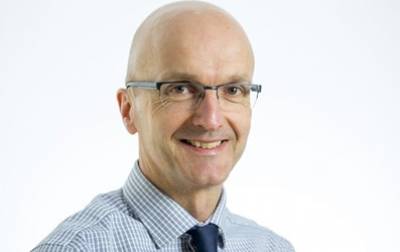Researchers needed to work with disadvantaged 'A' level students
22 March 2016
The in2science scheme sponsored by the NIHR Biomedical Research Centre at University College London Hospitals NHS Foundation Trust and University College London is looking for researchers interested in providing 2-week lab placements for 'AS' level students from low income backgrounds.
Students aged 16-17 get the chance to work alongside scientists, and the aim is to inspire and motivate them and to support them in their application to competitive universities.
The scheme is now in its sixth year and has helped over 400 students gain enrolment to university, including Russell group universities.
The scheme makes sure scientists offering lab placements and supervision only have to complete the minimal amount of paper work. The scheme sorts out health and safety documentation, inductions, access cards and insurance and will pay students' travel and expenses. Students usually have an individual project as well as a number of reading and writing tasks.
Last year was a massive success but many more students apply than we have scientists available to host students. If you, or someone in your lab, would like to make a difference to the prospects of these young people by providing a 2-week placement contact Davor Davor@in2scienceuk.org or Rebecca r.mckelvey@in2scienceuk.org.
The in2science scheme helps achieve key university and Athena SWAN widening participation objectives and PhD students can also gain 5 points on their Skills Development Log for each student placement.
Frequently Asked Questions
When are the placements and how long do they last?
Placements occur for a period of 2 weeks during the students summer holiday (any time between 25 July-1 September 2016). A day usually starts at 10am and finishes at 4pm.
Does the student need an individual project?
This is advised but not essential. Students may also support you with your on-going project. Students are able to observe animal studies.
If the student has down time in the lab and there are no experiments to complete, what should they do?
The student will have a number of reading and writing tasks to complete during the placement. Students will write a summary on a journal article, and they will also need to submit a brief report on their placement. This usually includes the techniques they learn, and any results they may have.
How do students afford to get to their placement?
Students receive £100 for the two weeks at placement to pay for their travel and lunch. Students also receive a 'New Scientist'.
 Close
Close



